"Military-style" travel has become the latest fashion among Chinese college students, who spend as little much money as possible to travel to as many places as they can during the weekend, rarely taking a break or even sleeping.
To save money, they usually hop on a normal-speed train on a Friday night, arrive at the destination city on Saturday morning, travel extensively in the city, sleep at a 24-hour restaurant for a few hours on Saturday, then repeat the same busy schedule on Sunday before returning to their university in time for classes on Monday morning.
Videos of them taking such trips have been trending on social media platforms, with many netizens praising them for their vitality, energy and high ability to implement their plans. Others, however, question whether such a busy schedule is healthy.
Hu Die, a senior undergraduate student at Inner Mongolia University of Technology, is one such traveler. She put together a 10-day holiday during the recent May Day holiday period and traveled to six cities.
On April 26, she took a high-speed train from Hohhot to Beijing and then from Beijing to Tai'an, Shandong province, to climb Mount Tai.
To save money, she climbed the mountain rather than using a cable car. It took her about four hours to arrive at the top of the mountain and, after watching the beautiful sunrise from the mountaintop on April 27, she went down to visit Dai Temple at the foot of the mountain.
She then went to Jinan, the capital of Shandong, in the afternoon, visited Daming Lake and Quancheng Square in the evening, and on the morning of April 28 went to Baotu Spring and Heihu Spring.
She traveled to Zibo afterward and, after eating the famous barbecue in the city, went to Yantai and Weihai before May 4, when she arrived in Luoyang, Henan province. There, she visited the Longmen Grottoes and then returned to her campus on May 5.
"We do not think we are doing something 'crazy' or 'incredible'. We are young and energetic enough to experience such a tight travel schedule," she said. "Moreover, when you travel with your friends, you are happy, and after the adrenaline kicks in, you do not feel tired."
According to Professor Li Bin at the School of Tourism Science at Beijing International Studies University, the trend of "military-style" travel is essentially a form of budget travel that appeals to specific groups of people.
Li said that for many university students or recent graduates with limited budgets and time constraints, the desire to explore the world and travel independently is a fundamental motivation.
These young travelers are less concerned with in-depth experiences and more focused on checking off popular tourist destinations on their itineraries. This has led to the emergence of a type of tourism where travelers are willing to sacrifice comfort and luxury for affordability and convenience.
Twenty-year-old Luo Junyi, a second-year undergraduate student in Shanghai, took one of these busy trips from Shanghai to Nanjing. On April 1, a Saturday, she and one of her classmates took a train at 5 am in Shanghai and arrived in Nanjing at 8 am.
They went to the Sun Yat-sen Mausoleum, the Ming Xiaoling Mausoleum and Meiling Palace in the morning, then visited Nanjing Museum in the afternoon and Fuzi (Confucius) Temple and Laomendong historic block in the evening. Then they took a 1 am train on Sunday and arrived in Shanghai at 5 am to avoid hotel expenses in Nanjing.
"We are in such a hurry because we want to visit as many historical sites as possible, and we do not want to spend much money," Luo said. "We are eager to travel, as the COVID-19 epidemic in the past three years made travel very inconvenient.
"In the age of social media, you can see many posts of college students traveling on weekends, so you are motivated to also try it yourself," Luo said, adding that most college students choose the cheapest route.
She said she only spent around 400 yuan ($58) during her trip to Nanjing.
Luo said she also plans to travel during upcoming weekends and holidays to Yangzhou, to Nanjing a second time, and to Beijing.








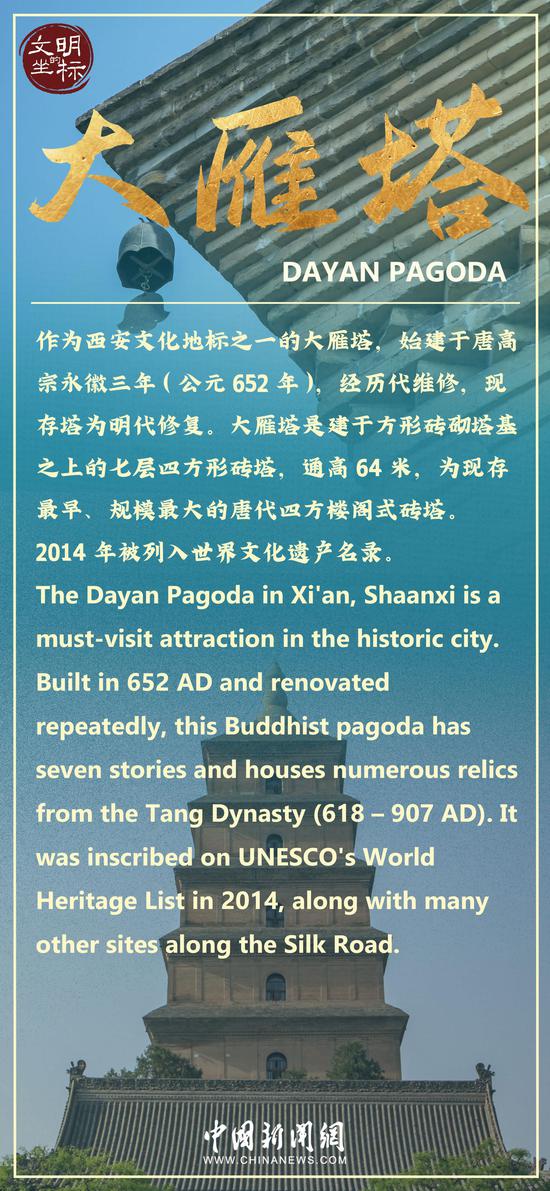

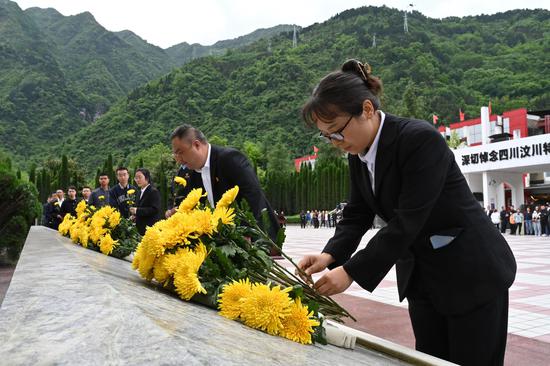
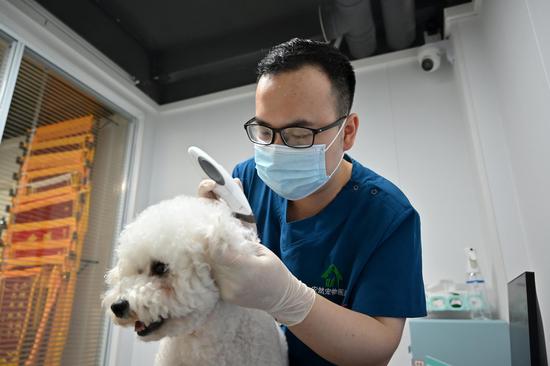
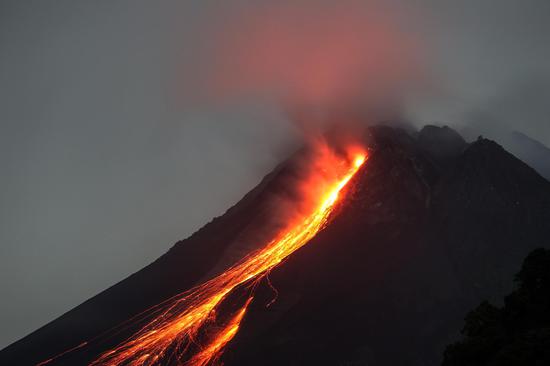
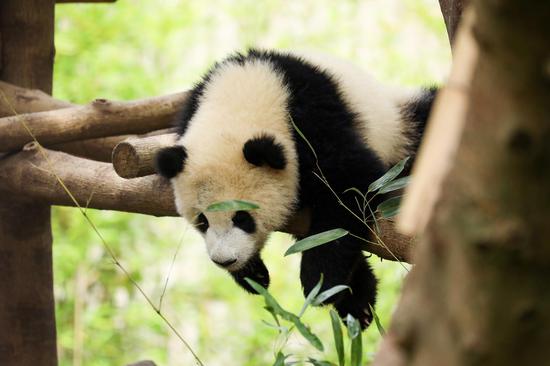
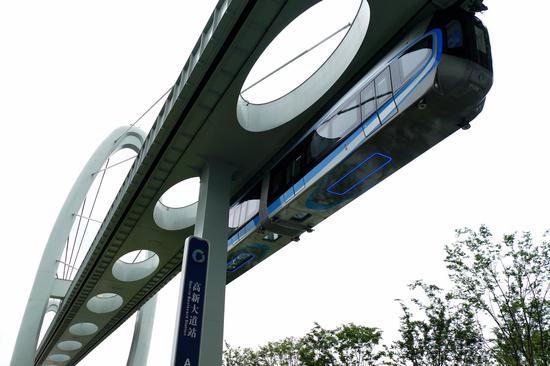

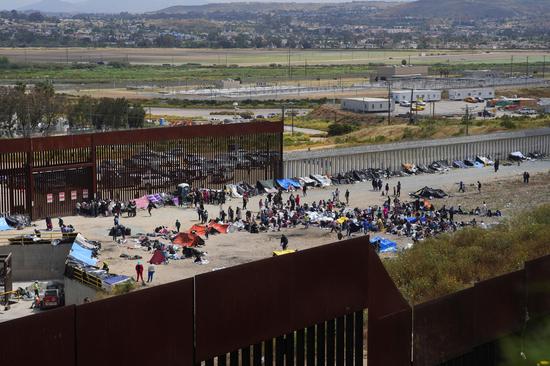
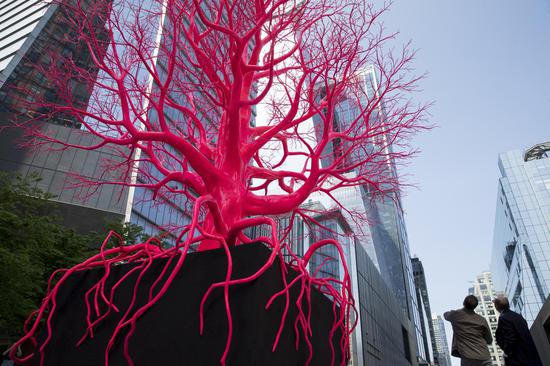
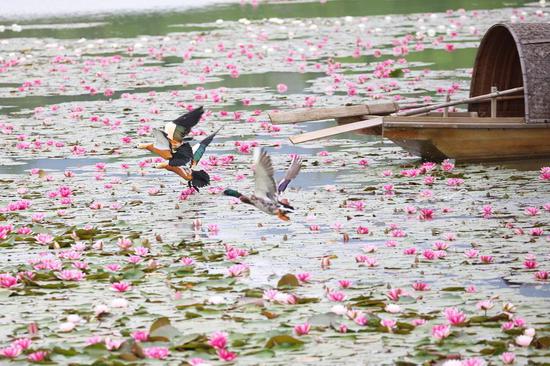
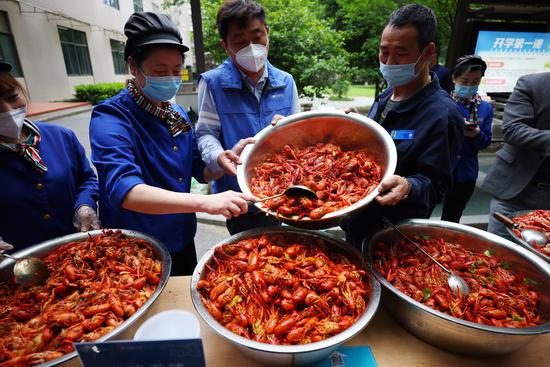


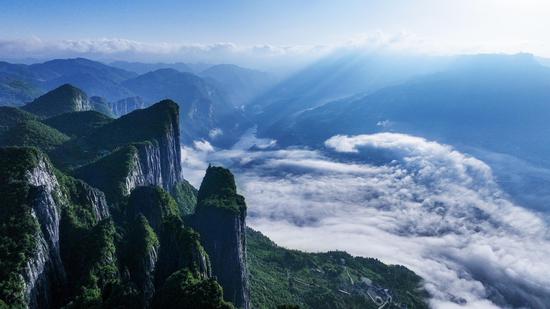
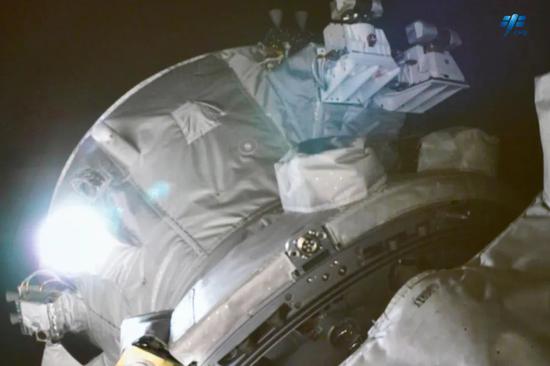
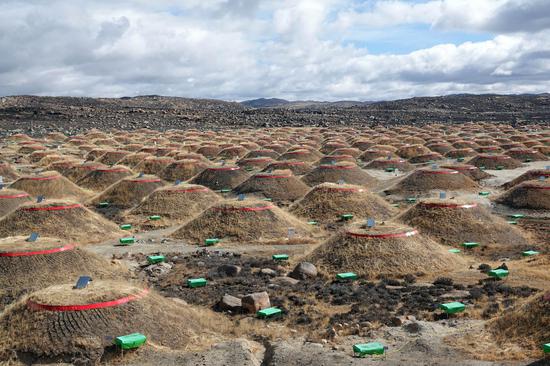
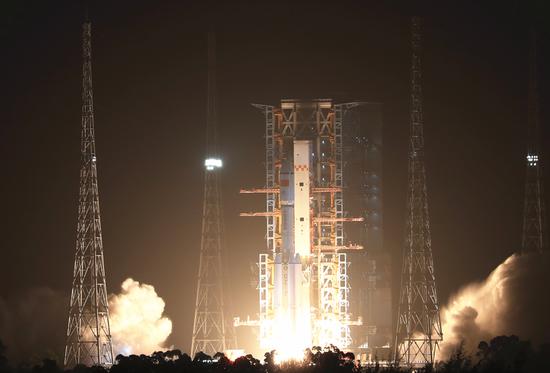
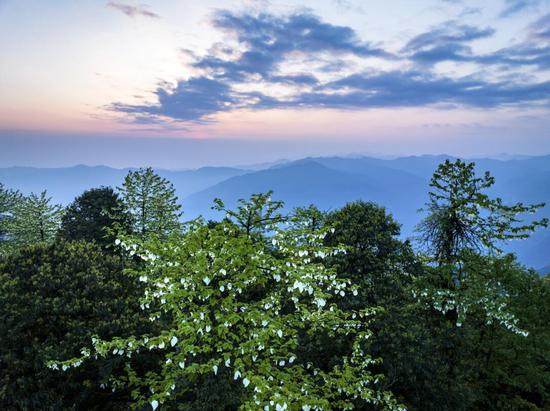
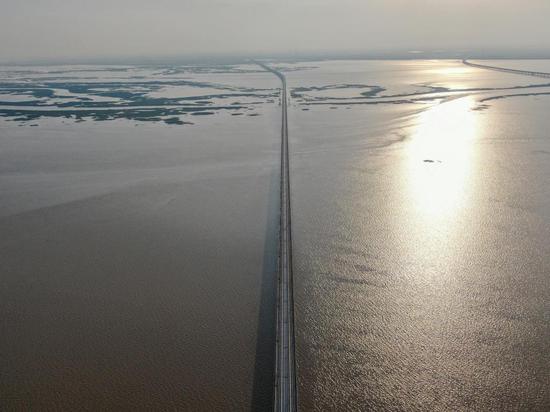

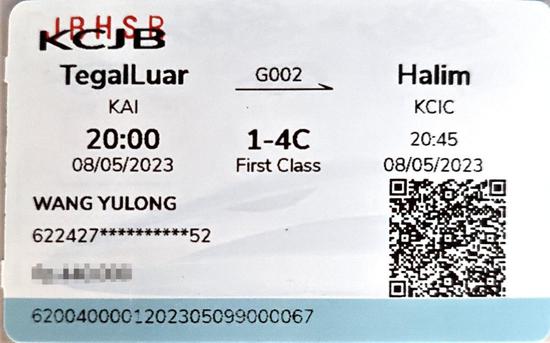
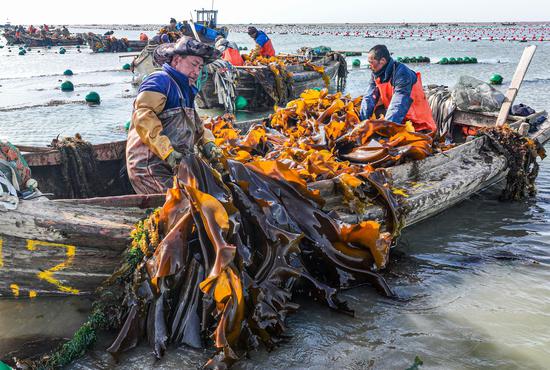
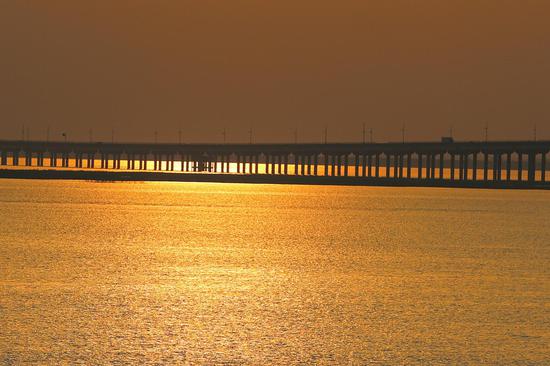
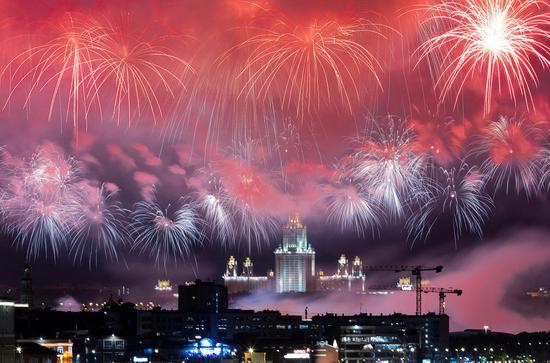
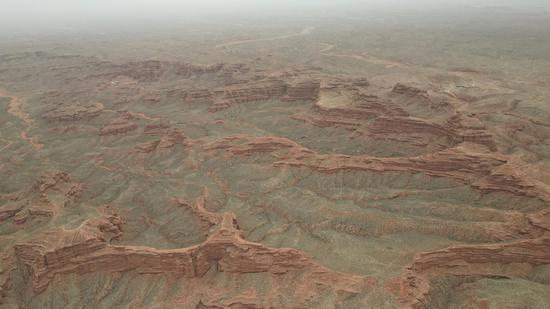

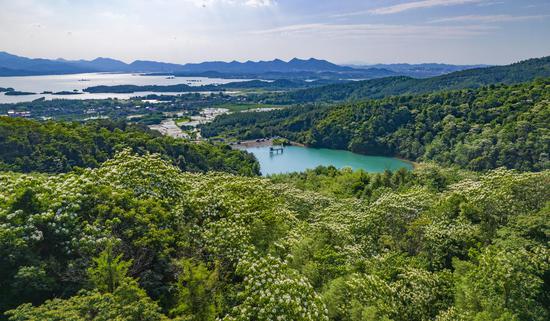
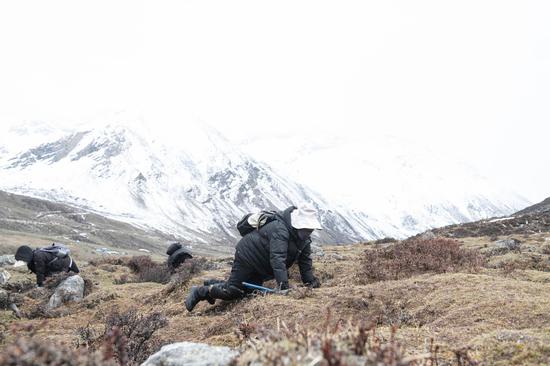


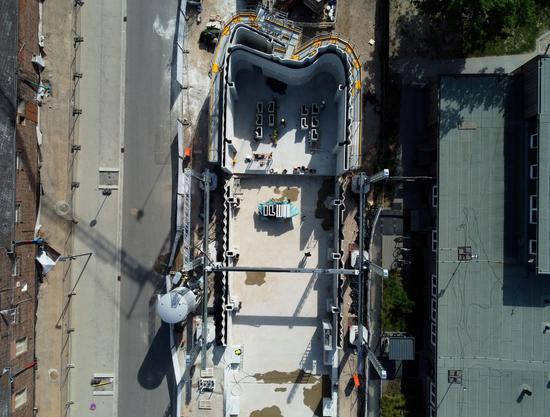
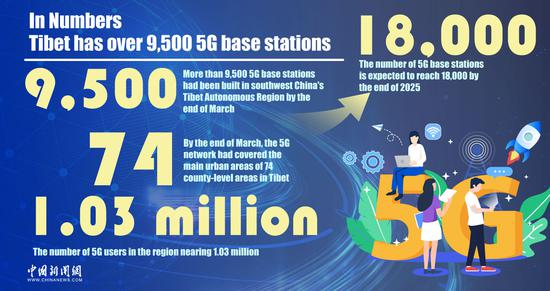
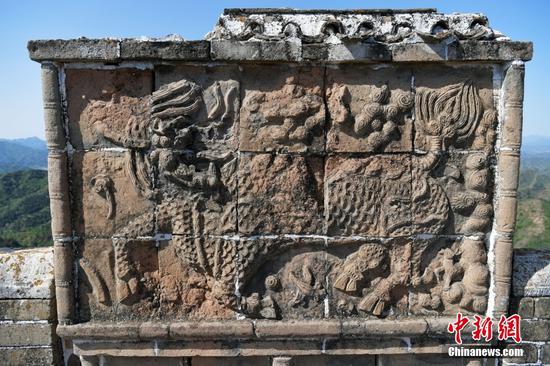
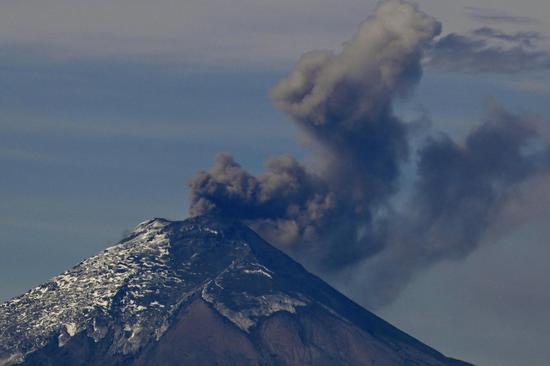

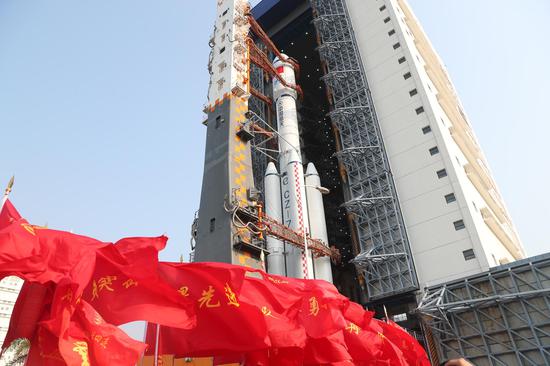





 京公网安备 11010202009201号
京公网安备 11010202009201号
